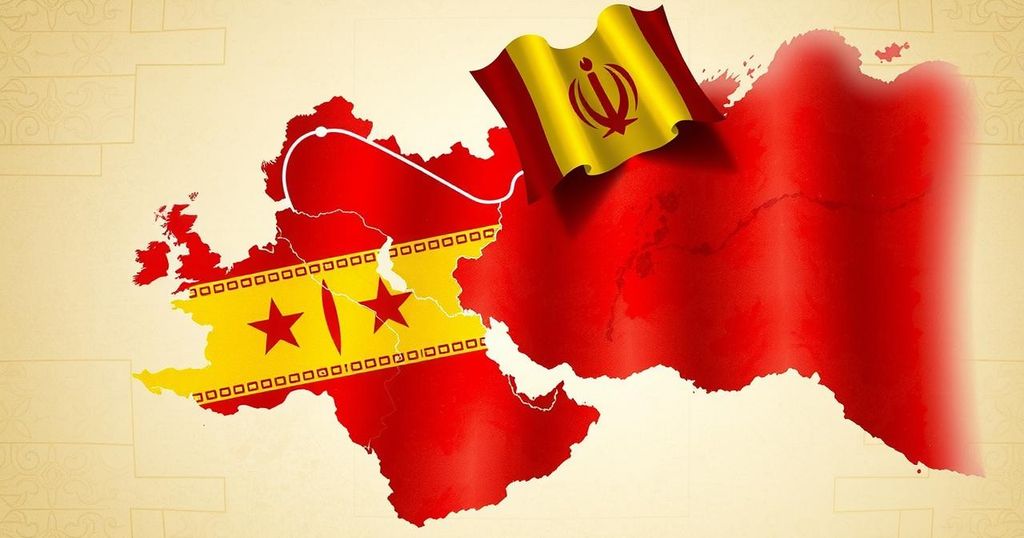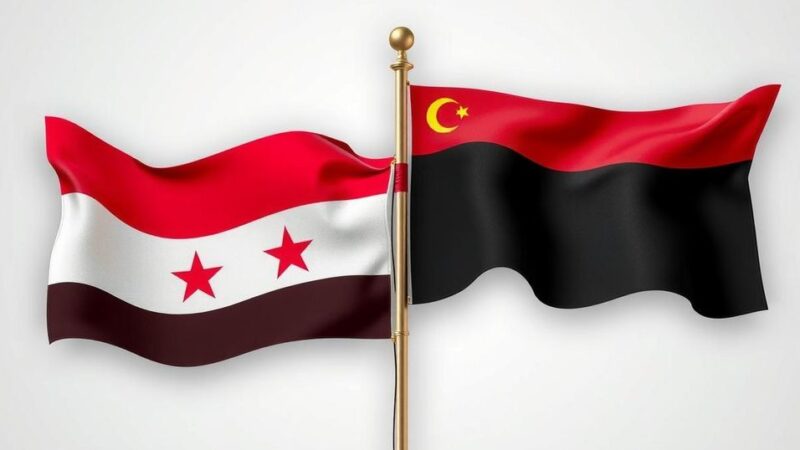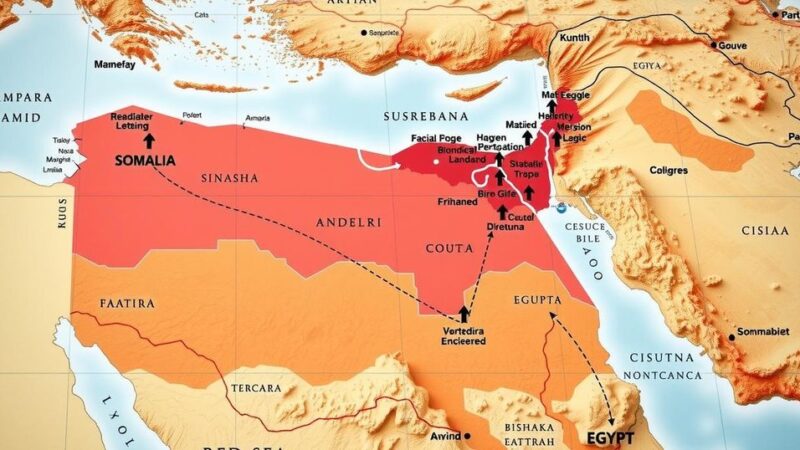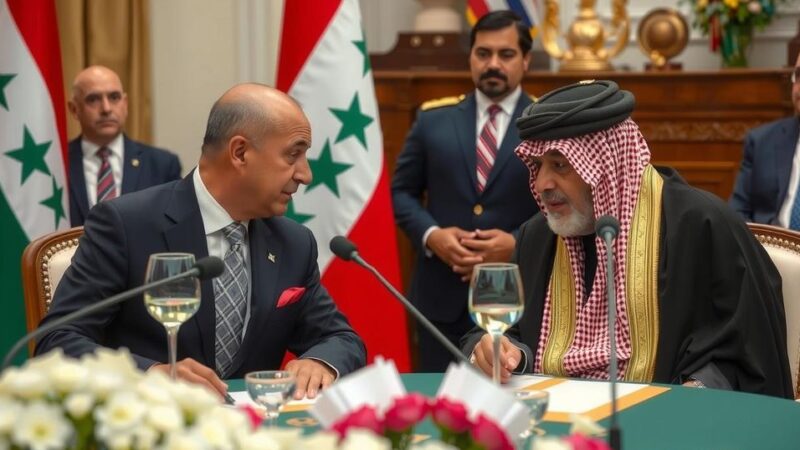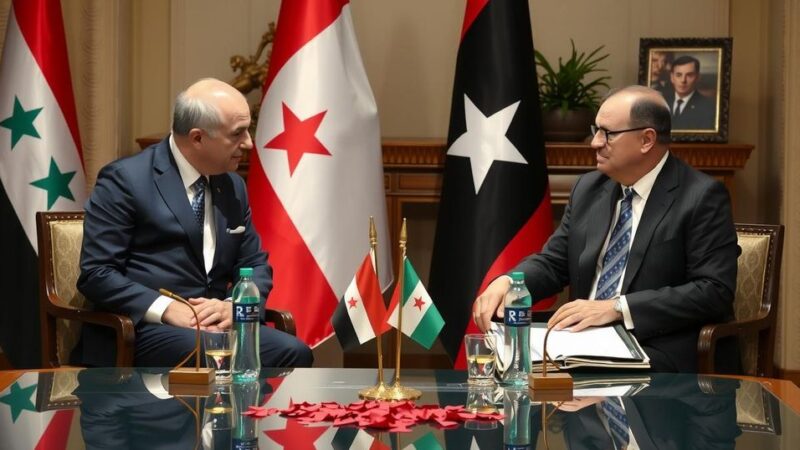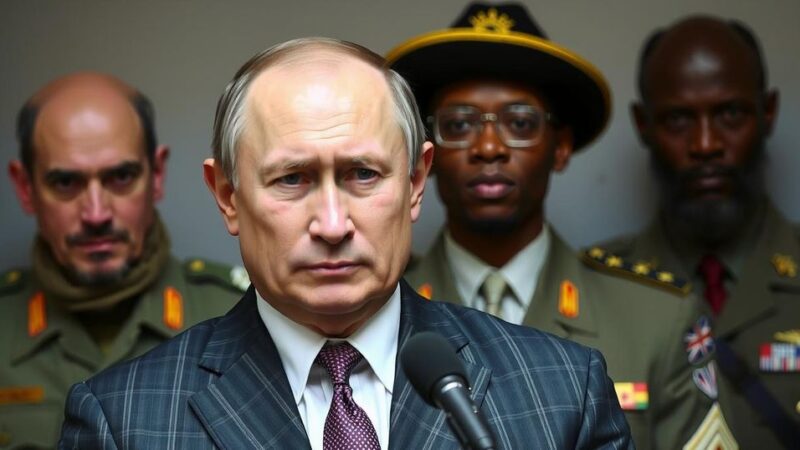Hezbollah has suffered significant losses due to Israeli operations, leading to the death of key leaders, a collapse of its organizational structure, and a reduction of its military capabilities. This has weakened Iran’s influence in the Middle East, prompting calls for increased Lebanese governance in areas previously controlled by Hezbollah.
On September 17, Israeli intelligence agency Mossad launched a sophisticated operation against Hezbollah militants by detonating AR-924 pagers and walkie-talkies, inflicting mass injuries and fatalities. The assault emphasized Mossad’s intent to demonstrate its superiority rather than just harm militants. Shortly thereafter, an Israeli airstrike killed Hezbollah’s leader Hassan Nasrallah along with other top officials, causing a significant organizational collapse within Hezbollah.
Following intense conflict along the Israel-Lebanon border, which escalated after Hamas attacked Israel in October 2023, a ceasefire brokered by the United States and France was established after 14 months of fighting. This ceasefire, despite tensions and accusations of violations from both Hezbollah and Israel, has been perceived by many Lebanese as a lasting measure. The Lebanese population is calling for a stronger governmental control over southern Lebanon, where Hezbollah has long wielded military power.
Amidst these developments, estimates indicate that approximately 80% of Hezbollah’s arsenal was destroyed. The leaders of the Israeli Defense Forces (IDF) have reiterated their commitment to preventing Hezbollah from regaining its former military strength, describing the group as significantly weakened yet still a formidable presence.
Former intelligence officials convey that Hezbollah’s loss of leadership, particularly the death of Nasrallah, has severely impacted its operational capacity. Observers note that while Hezbollah remains a political entity, its influence has waned, attributed in part to its perceived alignment with Iranian interests rather than Lebanese sovereignty.
Ultimately, experts highlight a decline in Iran’s regional influence as a consequence of Hezbollah’s setbacks in Lebanon and the geopolitical upheaval in Syria. Analysts urge that Iran must reevaluate its reliance on proxy forces, signaling a shift in the Middle Eastern power dynamics.
This article explores the ramifications of Hezbollah’s losses in the context of its ongoing conflict with Israel and the wider implications for Iranian influence in the region. As Hezbollah, backed by Iran, has faced significant setbacks including the death of its key leaders and the destruction of its military capabilities, the dynamics surrounding its operational effectiveness have drastically shifted. The ceasefire agreement has opened discussions about the Lebanese government’s control over Hezbollah’s territories, indicating a desire among the Lebanese populace for a return to national governance absent of Hezbollah’s military presence.
In conclusion, Hezbollah’s recent losses, particularly following the operations executed by Israeli forces, have not only diminished its military capabilities but have also undermined Iran’s strategic influence in the region. The ongoing ceasefire and the Lebanese people’s call for a stronger national military presence suggest a significant shift in political and military control. Observers argue that Iran must fundamentally reassess its use of proxy forces like Hezbollah as its strategies are increasingly proven ineffective in maintaining regional power.
Original Source: www.cbsnews.com

